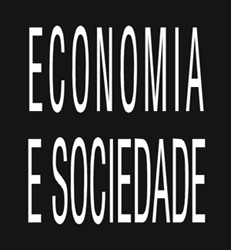Abstract
This article analyses the controversy and the evolution of the Brazilian thought on inflation, from the eruption of the Second World War to the 1947 exchange rate crisis. Throughout this period, the debate was organized into two opposing poles. On one side, liberals, such as Gudin and Carvalho, argued that excessive demand, increased by purchases from countries involved in the war effort, was the main cause of inflation. Developmentalists, such as Simonsen, Almeida and Menezes, on the opposite side, argued that the Brazilian economy had large workforce surpluses to be utilized, and saw the internalization of industrial processes as positive. The debate reached its climax with the definition of a strategy to contain the exchange rate crisis initiated by the depletion of foreign currency in 1947. Convergence between liberals and developmentalists took place, and both supported an administrative import license in order to control the commercial deficit that Brazil was increasingly experiencing. Both sides considered it a solution that could potentially solve the exchange crisis and, at the same time, avoid an inflationary shock, which could potentially result from a devaluation of the exchange rate. The liberals' acceptance of interventionist stances allowed for the flourishing and diversification of analyses on the particularities of the Brazilian inflationary process.
Keywords:
Inflation; Brazilian thought; 1940s
